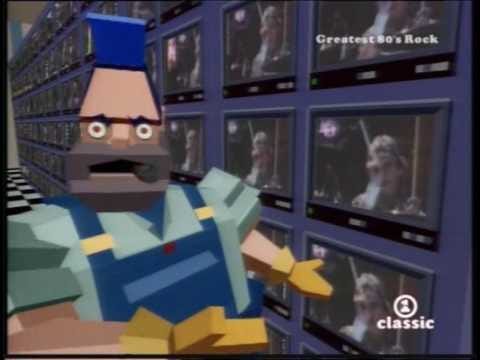
Our “in practice” column is a way for us to act on our Onlyness. After all, we can’t just think our way to a new approach; we must put our ideas into action. This is why these are some of my favorite columns here at Fully Alive@Work.
And so, I wanted to share a successful practice from my coaching work.
You read about it last week in the piece entitled What Are You Listening To. I talked about how I have built an inner circle of people who have my back.
But I hadn’t named what to do as explicitly as I want to do for you now.
It’s the noticing game.
Noticing. To be aware of. To take note. From the original Latin, notitia ‘being known,’
And here’s how you do it.
AND AS EACH MOMENT HAS UNFURLED
Step back from any exchange's specific context to notice the person's approach.
When I do this work with clients, I ask them to email me after conversing with their boss.
And here’s what I ask them to capture.
Specifically, what did they say or do?
Did they acknowledge or validate your needs/wants or brush you aside?
Did they jump straight to problem-solving instead of asking you what you’ve already considered?
Did they talk in generalities or address your specific question?
Then, what does their approach tell you about them?
If they brushed aside a significant concern, are they even seeing you?
If they jump straight to “solving the problem,” are they trying to be ‘right’?
If they talk about something different than what you raised, are they even interested in helping you?
What data do you now have?
What do you want to learn from this exchange?
What would you want to notice next time (is this a pattern or a one-time thing)
What do you need from people around you for your Onlyness to shine?
TO SEE THE EVIL AND THE GOOD WITHOUT HIDING
Most of my clients struggle with it as “straight-forward” as this exercise sounds.
For one thing, most folks listen for the content of the conversation rather than the approach. They are too focused on getting a raise or a new job, or increased scope of responsibilities. They are listening for whether their piece on the board is blocked or moving forward. This focus on content vs. approach means they are not seeing the people playing on their side. Not noticing means you’re playing solo, making each move independent and limiting your impact.
It’s also hard because we think if someone solves our problem, they are being helpful and supportive. But I ask people to reevaluate that. If someone is interested in solving the problem for you, they could just as easily be saying they don’t believe in your ability to solve the problem or that you’re not as important to them as to whether or how the problem is solved. Either way, you’re negated or deemed less necessary, the opposite of Onlyness.
And then there’s the implication of all this noticing. If someone routinely does unacceptable shit, and you now notice, you’ll need to do something at some point. And sometimes, we’re just not ready to make that call. So we’d instead not notice that our supposed partners at work or in life are not standing by us and with us. But if we can relax enough to see data for data’s sake, we can be clear about what we want and need from the people around us. We can make that list and then discuss it with them. And in doing so, we might be surprised at people stepping up. But we can’t get to that stage if we’re unwilling to look at the data.
TELL ME WHAT YOU SEE
There’s a meme around this. It’s a dad who gifts his daughter a car. He asks her to take it to a dealership, pawnshop, and then a car club. The meme’s point is the right place values you the right way. And he teaches this by asking her to notice.
So let’s do this noticing work?
And it doesn’t have to be your situation. You could observe how a colleague or boss, or partner interacts with people. Notice what they say/do and what data it provides you—sharing your noticing here?








Share this post